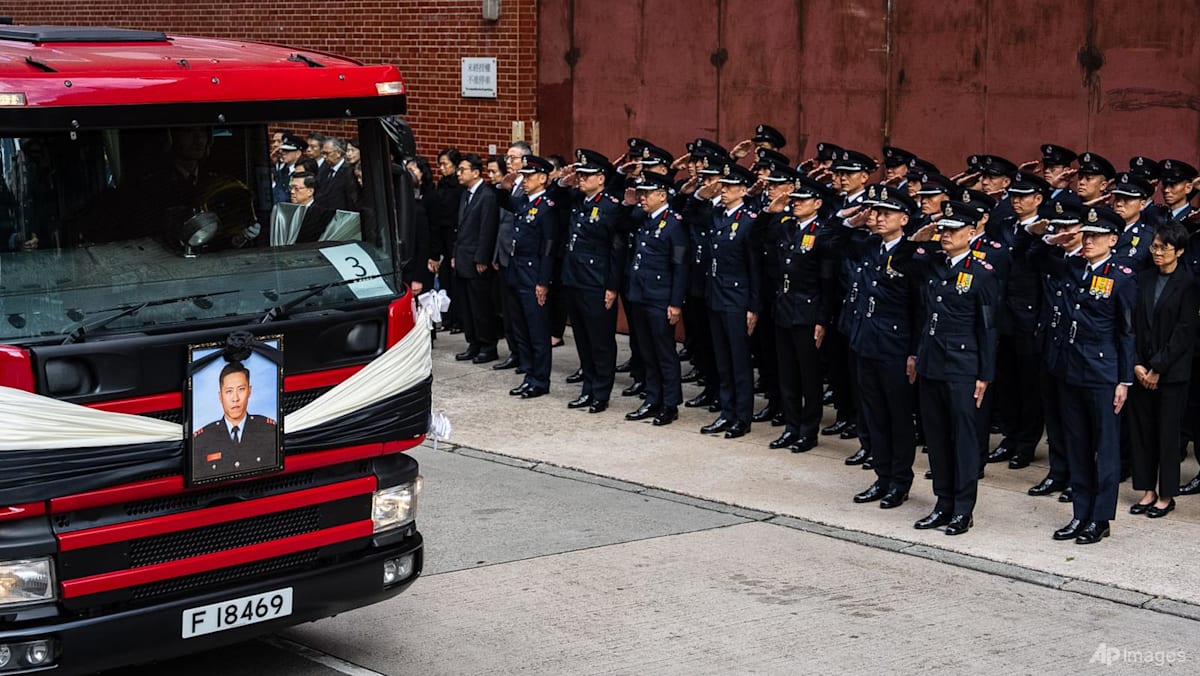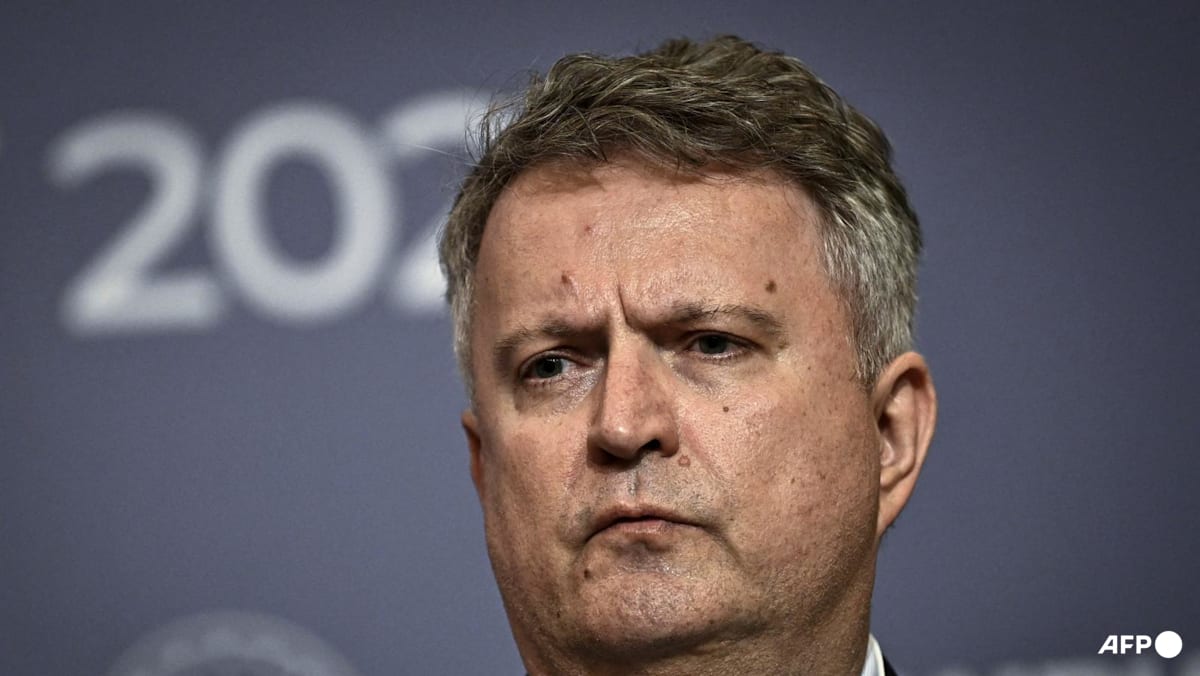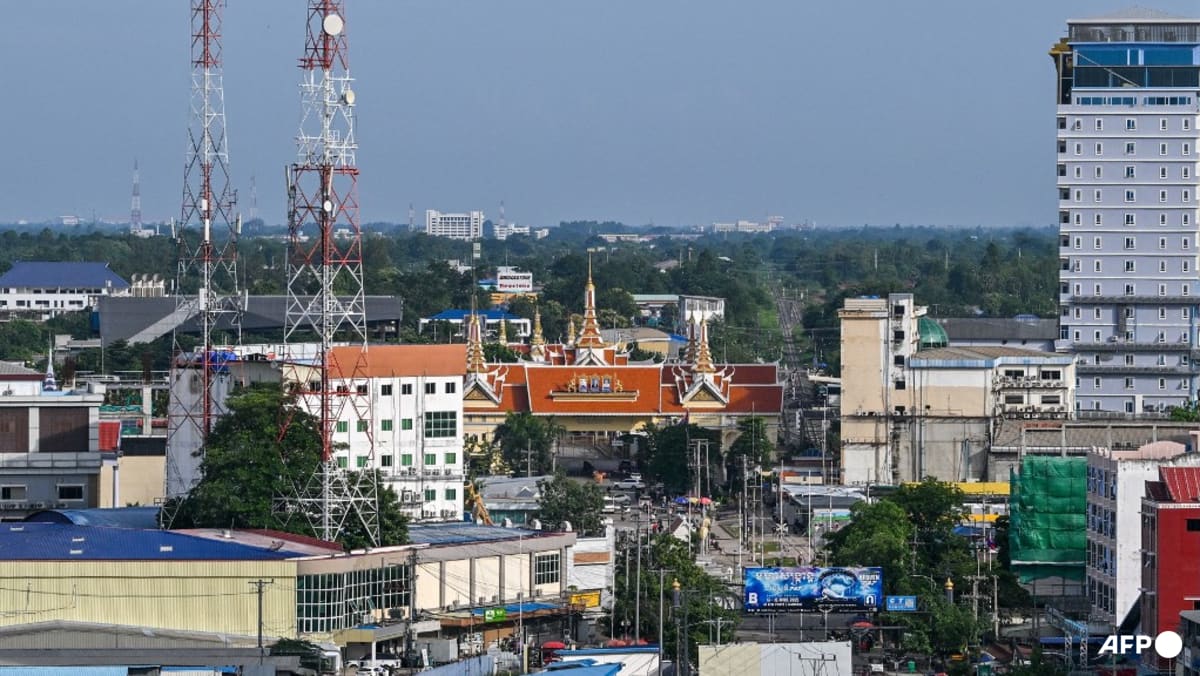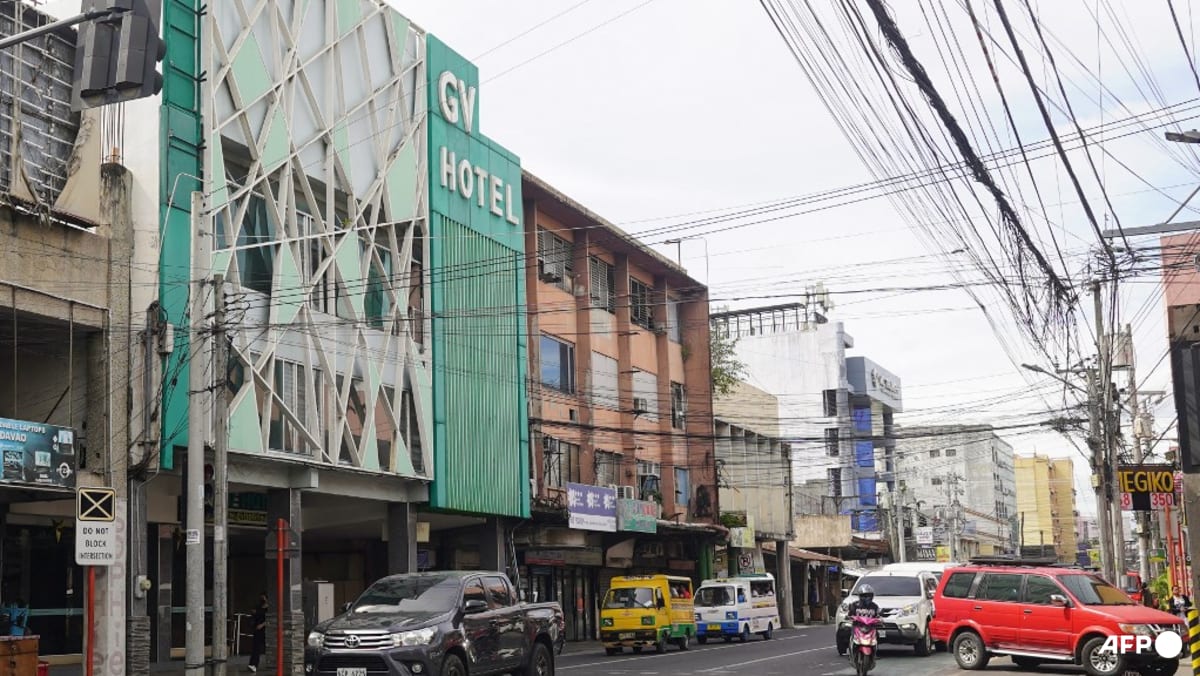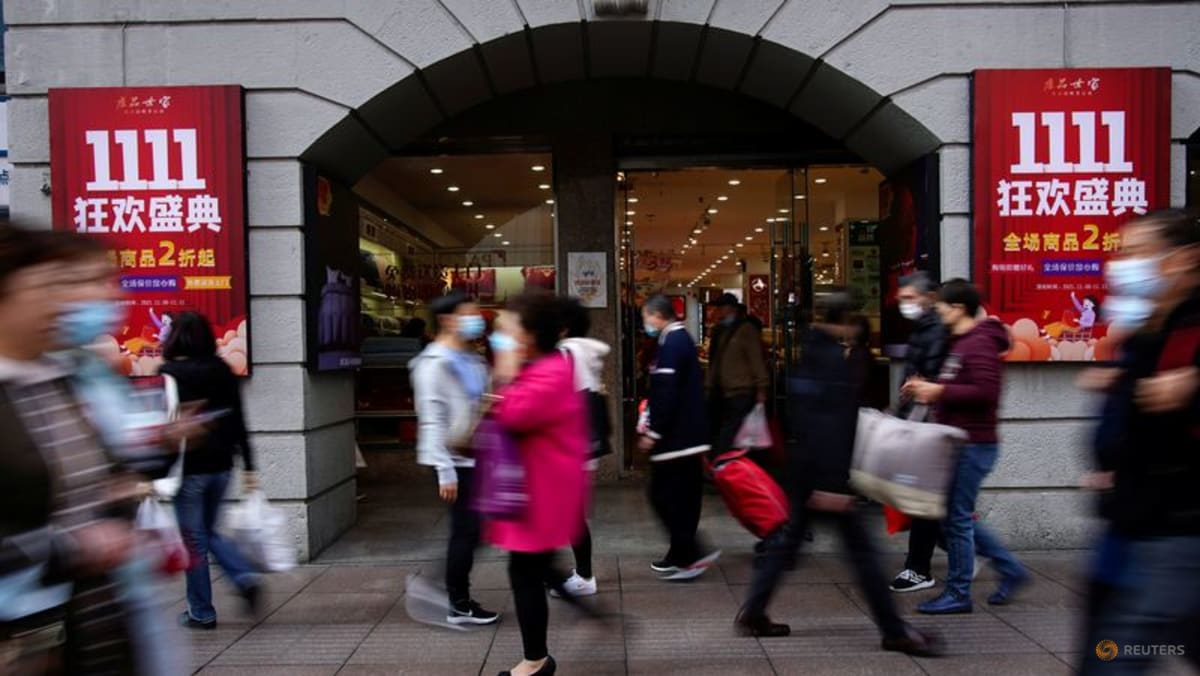Quit medicine for farming? South Korean doctors speak out
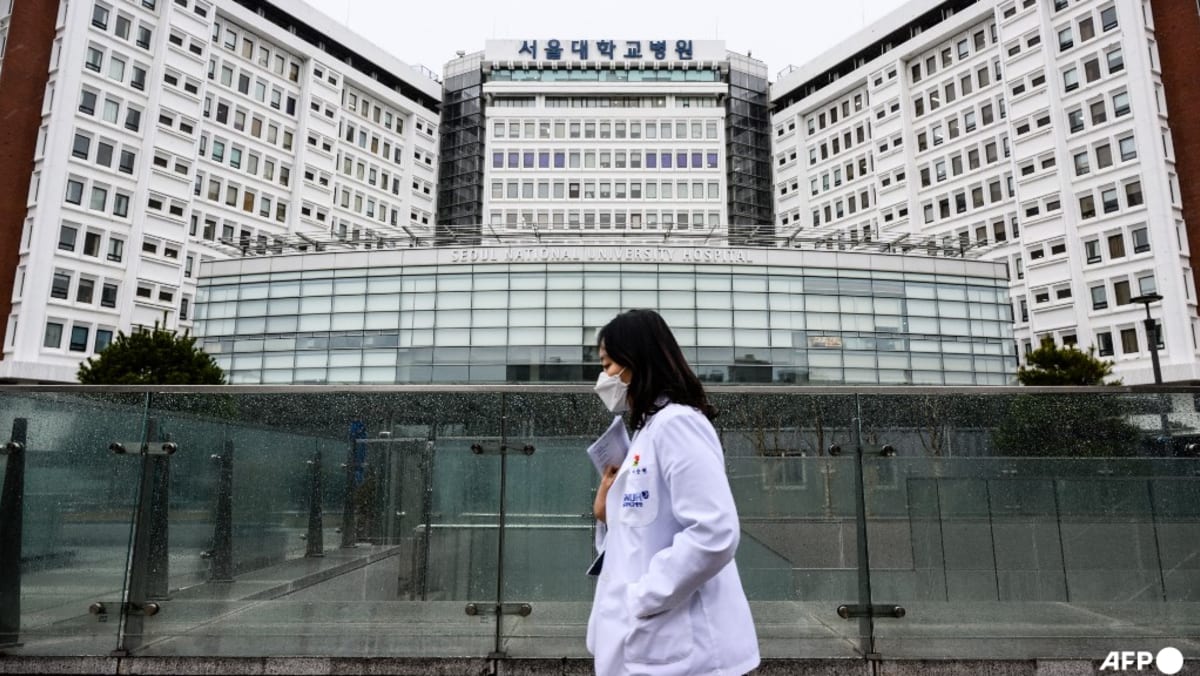
PATIENTS
Due to existing shortages of doctors and a concentration of medical professionals in the capital Seoul, patients like Jang Sung-ja, who has ovarian cancer, already have to travel hundreds of kilometres for treatment.
But since the doctors went on strike, her treatment has been paused.
“I live in Daegu and the hospital is in Seoul, and I’m just waiting to hear back from them after being informed that the session has been postponed,” she said.
“The hospital doesn’t really answer when you call them and my children are very worried about me.”
Delays and a lack of clarity around treatment plans are increasingly common for patients with major illnesses, which patient advocacy group the Korea Severe Disease Association, says is unacceptable.
“Patients are still missing out on the golden time for treatment,” they said in a statement, blaming both striking doctors and the government for the dire situation.
THE GOVERNMENT
For years, successive South Korean governments have attempted to increase medical school enrollment figures and create more doctors to ease shortages, but such reforms have always been abandoned in the face of staunch opposition from medics.
This time, the government is standing by its plan, saying that without rapid reforms the country will not have enough doctors to deal with its rapidly ageing population.
The reforms “cannot and should not be the subject of negotiation or compromise,” President Yoon Suk Yeol said.
The plan will see 2,000 more students admitted to medical schools annually from next year to address what Seoul says is one of the lowest doctor-to-population ratios among developed nations.
Doctors who refuse to return to work face legal action, including the suspension of their medical licenses.
SENIORS DOCTORS
Senior doctors have not joined the strikes – but many have publicly sympathised with their junior colleague’s plight, claiming the government training reforms will not do much to fix broader issues.
“Who would benefit the most when there is an excess of trainees in a field? It would be the directors of general hospitals, wouldn’t it?” said Chung Jin-haeng, a professor at Seoul National University’s college of medicine.
“With an abundance of inexpensive medical personnel, they can assign all of the night shifts to them,” she told local media.
Source: CNA




